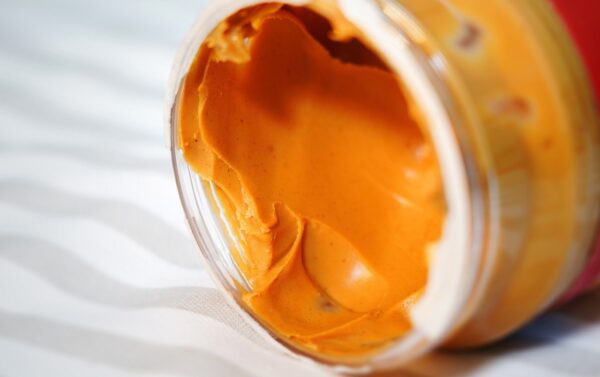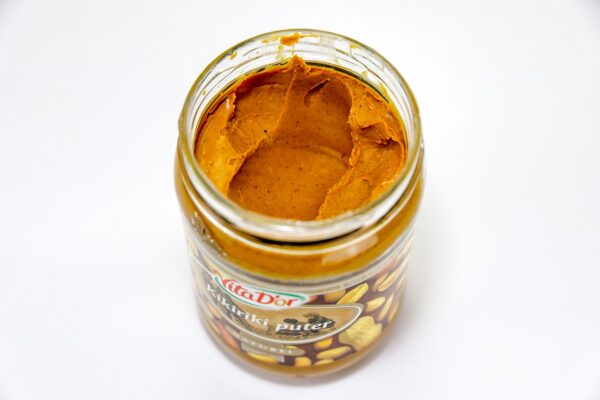Peanut Butter: A Nutritious and Versatile Spread-by Kalani-eLanka

Peanut butter is a popular food spread made from ground, dry-roasted peanuts. Known for its rich flavor and creamy texture, it has become a staple in many households across the world. Besides its delicious taste, peanut butter offers several health benefits, making it a versatile and nutritious addition to any diet.
Peanut butter is packed with essential nutrients. A typical 2-tablespoon serving contains:
- Calories: Around 180-200
- Protein: 8 grams
- Healthy Fats: 16 grams (primarily monounsaturated and polyunsaturated fats)
- Carbohydrates: 6-7 grams
- Fiber: 2-3 grams
It also provides important vitamins and minerals like Vitamin E, magnesium, potassium, and B vitamins, all of which support heart health, muscle function, and energy production.
Health Benefits
- Rich in Protein: Peanut butter is an excellent plant-based source of protein, making it ideal for vegetarians and vegans.
- Heart Health: The healthy fats in peanut butter, especially monounsaturated fats, help reduce bad cholesterol (LDL) and lower the risk of heart disease.
- Weight Management: Despite being calorie-dense, studies show that moderate consumption of peanut butter can aid in weight management, as it promotes satiety and reduces the likelihood of overeating.
- Source of Antioxidants: Peanut butter contains antioxidants like resveratrol, which may have anti-inflammatory properties and help protect the body from oxidative stress.

Different Types of Peanut Butter
- Creamy: Smooth and rich, creamy peanut butter is made by thoroughly grinding peanuts until a silky consistency is achieved. It is a popular choice for spreading on bread or using in recipes.
- Crunchy: Contains small chunks of peanuts, offering a satisfying crunch and texture.
- Natural: Made with only peanuts and sometimes salt, natural peanut butter does not contain added sugars or oils. The oils in natural peanut butter often separate and need to be stirred before use.
- Flavored or Mixed Peanut Butters: These versions may contain added ingredients like honey, chocolate, or cinnamon for extra flavor, but they often come with added sugars and oils.
Peanut butter is incredibly versatile in the kitchen. It can be used as a spread on toast, a dip for fruits and vegetables, or an ingredient in smoothies, sauces, and desserts. Its savory and sweet applications make it a pantry favorite for both healthy snacks and indulgent treats.
Peanut allergies are common, and even small amounts of peanut butter can trigger serious allergic reactions in susceptible individuals. It’s important to check food labels and be mindful of cross-contamination in environments where peanuts are present.
Peanut butter is more than just a tasty treat; it’s a nutritious powerhouse that can be enjoyed in a variety of ways. Whether you’re spreading it on a sandwich, adding it to a smoothie, or using it in a recipe, this delicious spread can fit into a balanced diet and provide numerous health benefits.




















